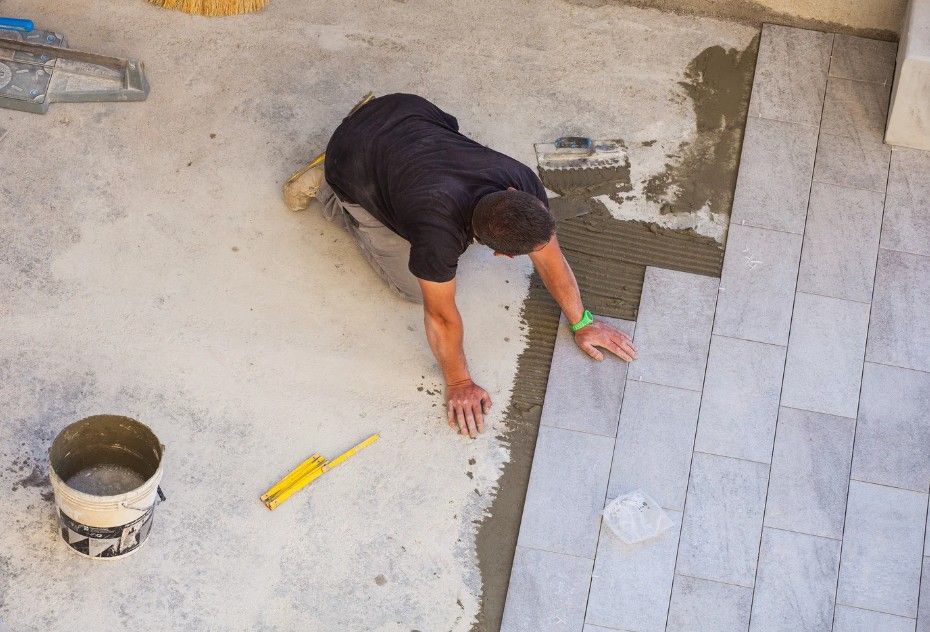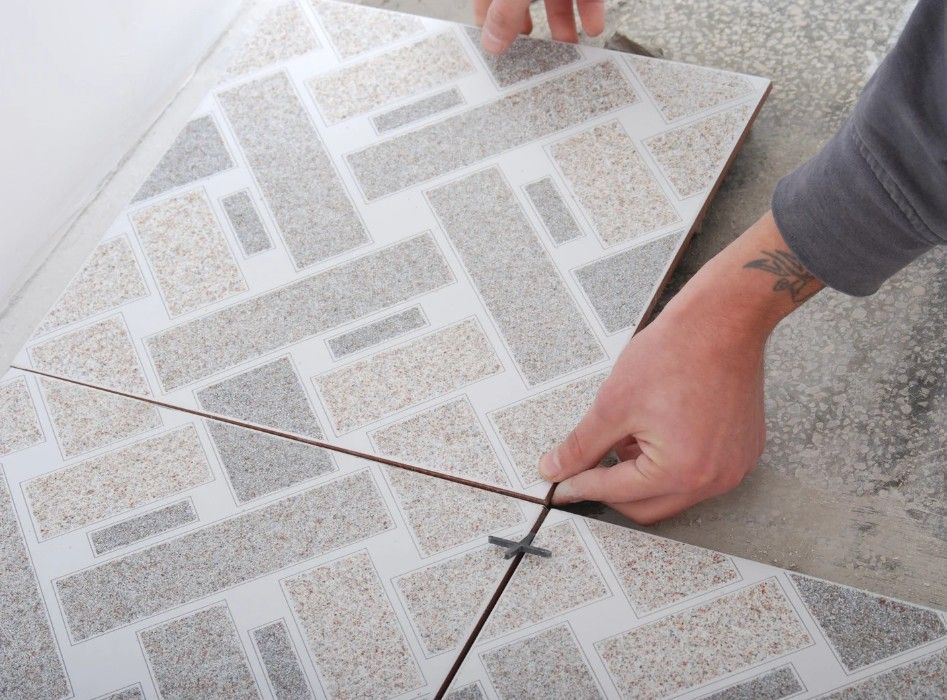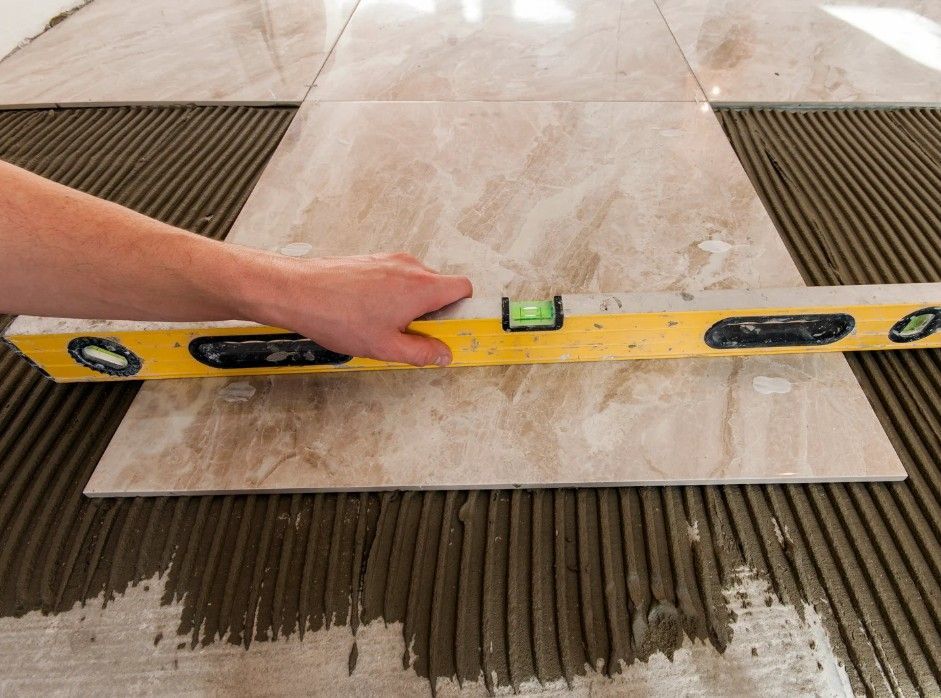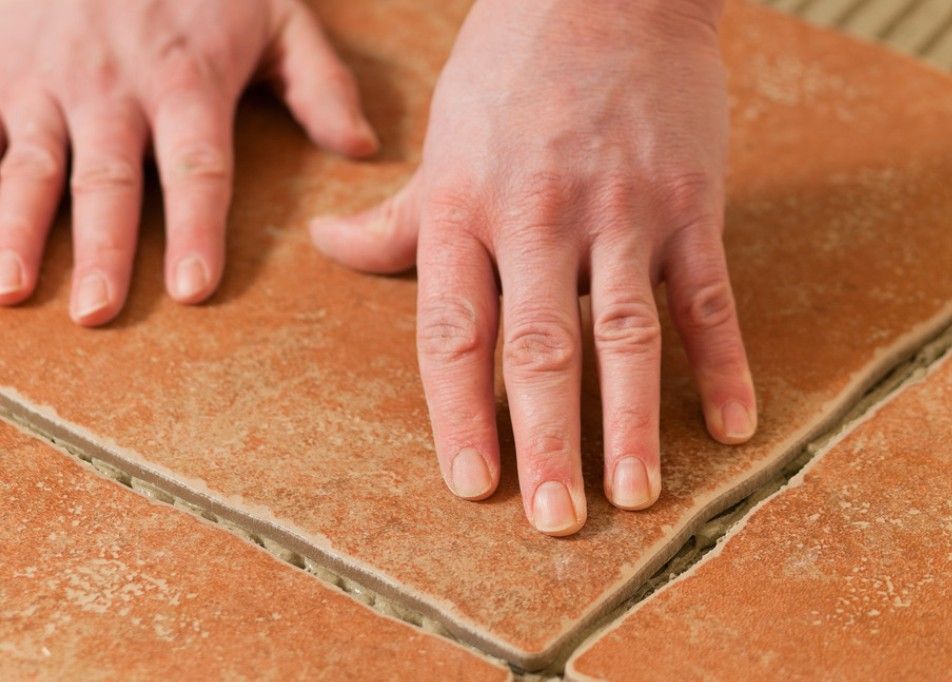FLOOR TILER DERBY
FLOOR TILING EXPERTS INSTALLING ACROSS DERBYSHIRE
GET A QUICK FREE FLOOR TILING QUOTE
SEND 24/7
Floor Tiling enquiry
We will get back to you as soon as possible.
Please try again later.
FLOOR TILER
Floor tiling is a popular choice for homeowners and businesses alike, as it offers durability, versatility, and aesthetic appeal. Tiles can be made from various materials, including ceramic, porcelain, natural stone, and vinyl. Each material has unique properties that affect the installation process, which is why utilisting a floor tiling specialist is the best way to ensure a flawless finish.
At Derbyshire Tiling Specialists we have install many, many square meters of floor tiles and understand that to get a sturdy long landing finish requires attention to detail and using top quality materials specifically design for the different floor tiling materials.
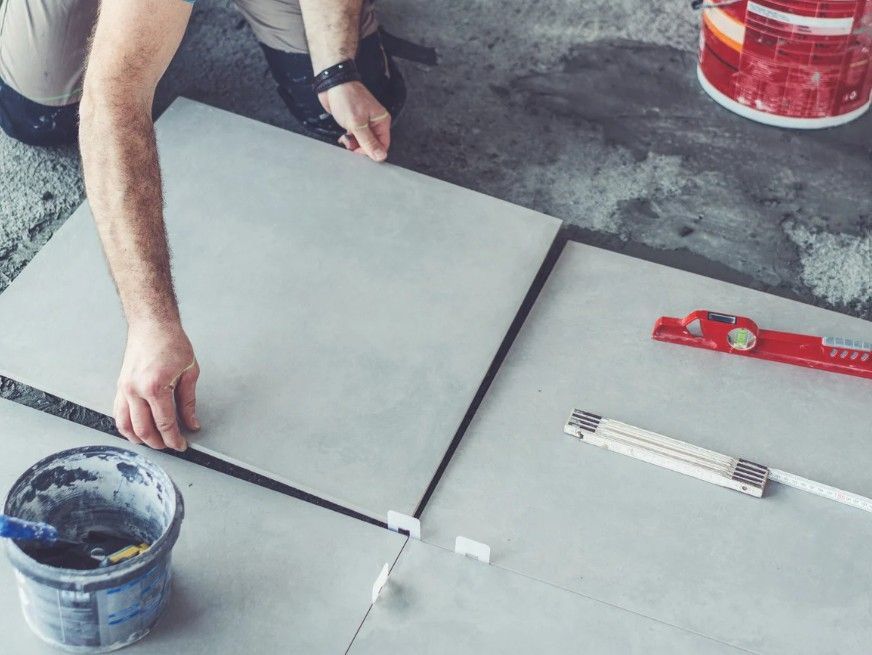
Slide title
Write your caption hereButton
FLOOR TILER NEAR ME
If you live in Derby or further afield in Derbyshire and looking for a floor tiler near me, we're ideal - simply get in touch today
FLOOR TILING PREPARATION
Floor tiling can be perceived, incorrectly, as one of the easier DIY tasks or indeed one of the easier tiling disciplines however, that's not the case. Floor tiles will generally be subjected to more wear and tear than wall tiles and as a result are more prone to cracks and damage which can be exasperated if the laying of them is not done to best practise. Before laying any floor tiles, adequate floor preparation is crucial for several reasons:
1. Ensures Adhesion: An unstable or uneven surface can lead to tiles cracking or lifting over time.
2. Prevents Moisture Issues: Proper sealing can prevent moisture infiltration, which could damage the tiles and the underlying structure.
3. Enhances Lifespan: A well-prepared surface is integral to extending the life of your tiles as laying tiles, especially large tiles, can crack under pressure if not on a flat surface.
So before any tiles are laid our tiler will assess the Subfloor. It’s essential to examine the existing floor. Our tiler will check for structural issues such as cracks, unevenness, or water damage. Depending on what is found will determine next steps. If the current base is not deemed suitable in its current state remedial work will be required and depending on what this is will impact the time taken and whether the surface can be walked on or not and for what period of time. A good example being applying a layer of screed to the floor, which may be needed across the whole or a section of the floor surface to provide an even base.
Prior to anything being applied to the floor our tiler will ensure that the surface is clean. He will remove any dirt, dust, grease, or old adhesives that may interfere with tile bonding. This may involve the use of a commercial floor cleaner, or a mixture of vinegar and water, a scraper or sander depending on the type of dirt and how it can be best removed.
Whilst the floor assessment may reveal a relatively flat subfloor our tiler will repair and level and smaller uneven sections. Cracks need to be filled with an appropriate filler, and any uneven areas will be levelled. If a wetroom floor is being tiled rather than use a shower tray then then the floor will need to be formed to include deliberated a sloped section that will take water to the waste pipe.
If we are installing tiles in a high-moisture area, like a bathroom or basement, it’s essential to apply a moisture barrier. This can be in the form of a paint-on membrane or a polyethylene sheet. This will be followed by marking out the layout of the tiles. Best practice dictates marking the center of the room and laying out the tile pattern before securing them. This will prevent unsightly cuts at the walls and enhances symmetry. However, this may not always be the case depending on the room's layout and purpose and our tilers start point will be the most appropriate to achieve a neat and tidy finish.
FLOOR TILING DERBY
Once the layout and marking out has been done our tiler will begin applying the appropriate floor adhesive. Selecting the right tile adhesive is crucial. For heavier materials like stone, a medium-bed adhesive is appropriate. Lightweight tiles can use thin-set mortar.
When the tiler has applied enough adhesive to lay a section of tiling down he will start laying them. He will start laying from the appropriate start point and use spacers to ensure uniform gaps between tiles for the grout. Once floor tiles have been laid we would recommend at least 24 hours for the adhesive to set and cure properly. We appreciate that as a homeowner this may cause some inconvenience but we would have made you fully aware of the steps so you can plan for this and if not practical agree a work around to perhaps apply in sections. Walking on floor tiles ahead of time is what can cause problems which are hard to correct such as movement of tiles which then set in the incorrect position.
When all the floor tiles have set properly our tiler we will set about grouting - which depending on the size of the area may take an hour or two. This time will also include the wiping off any excess grout following application, to provide a clean finish. Again we would recommend not walking on the area for 24 hours but this would be less problematic if the tiles have already set properly and you take care to avoid walking on the joins between the tiles where the grout has been applied.
Depending on the tiles you have selected the final stage may, or may not, include sealing then. If it does, again we would recommend waiting at least 24 hours before walking on them but most will be touch dry after about 4 hours, so you should be okay to walk on with clean dry feet or shoes. The key thing is to avoid moisture contact for at least 24 hours.
PORCELAIN FLOOR TILING NEAR ME
If you live in Derby or further afield in Derbyshire and looking for a porcelain floor tiler near me, we're ideal - simply get in touch today
TYPES OF FLOOR TILES DERBY
To get a more detailed overview of the types of tiles we can lay you will find further information on this on our 'types of tiles' page. The most popular being ceramic, stone, porcelain and vinyl.
Luxury Vinyl Tiles (LVT) is the most different floor tile variant as they are a man made flexible tile compared to the traditional rigid tiles which most people would associated with a tiler. However, they provide an excellent alternative to traditional tiling, so whist the application technique uses different adhesives the principles are fairly similar but with less stages as LVT does not require grouting. This is probably the biggest tell tale sign that a floor has been laid with LVT rather than traditional tiles, along with the quieter sound when walking on it. There is a huge choice of styles and makes to choose from and may provide a more funky floor than traditional tiles depending on the style you are looking to achieve.
Whatever tiling your choose for your floor at Derbyshire Tiling Specialists we are happy to install any type of floor tile for you.
FLOOR TILING NEAR ME
If you live in or around Derby and are looking for a floor tiling near me get in touch today to arrange a quote for us discuss floor options with you
ALTERNATIVES TO FLOOR TILES
Whilst we have already mentioned that Luxury Vinyl Tiles are not what most people would refer to as traditional tiles the alternatives to floor tiles can effectively be any floor finish.
Carpets provide a completely different proposition for a floor so the main choice here would be whether or not you want a carpet or solid floor. Once you have made your decision to go for a solid floor then tiles, whether traditional or luxury will typically be compared to laminate flooring, lino, wood, engineered wood, parquet, resin and even polished concrete.
Each will have its own sets of pros and cons depending on what they are being compared to. This is made somewhat harder when certain floor finishes are made to look like others. For example you will find many wood effect ceramic floor tiles which are very popular in kitchens, especially open plan kitchens which combine a dining area. So if you like the look of wood but also like the idea of a low maintenance floor tiling could be for you.
If you're still not sure which floor to opt for, our flooring specialist will be happy to help guide you through the options and get you to a floor that will meet your homes needs. Just get in touch with us today.
MOST COMMON NEW FLOOR TILING QUESTIONS:
-
Why Choose Derbyshire Tiling Specialist to fit my floor tiles?
We provide tiling services for businesses and residential customers, focussing on a quality finish every time. Our approach of discussing floor tiling projects with customers without using jargon means that you know exactly what the best tile choice is for you and if you have already bought your tiles - what the installation process will involve.
As part of the Derbyshire Specialist Group we can combine specialist trades to ensure a perfect finish for your floors including underfloor heating. We have access to the additional skils of electricians, joiners and plumbers but you will only have once invoice and one gaurantee against all the work done - keep in simple and stress free. Why would you choose anyone else?
-
What do you advise to maintain and clean tiled floors?
To maintain and clean tiled floors effectively, it is important to incorporate regular sweeping or vacuuming to remove dust and debris, which can cause scratches if left unattended. For a deeper clean, tiles should be mopped using a mild detergent or a solution of warm water and vinegar, which helps to tackle grime without leaving any residue. It's also crucial to address grout lines since these can harbor dirt and stains; using a paste of baking soda and water with a soft brush helps in scrubbing these areas without damage. Additionally, remember to wipe up spills promptly to avoid stains and consider sealing grout lines every few years to prolong the life and appearance of your tiled floors. Keeping a consistent cleaning schedule not only enhances the aesthetic appeal but also extends the longevity of your tiles.
-
Which floor tiles do you recommend?
Generally we try to avoid blanket recommendation when choosing products as there are so many variables to consider. There is no point recommending a certain type of tile if it is our of your budget range.
Clearly the visual appeal plays a major part but any recommendation we would make would be specific to your use of the floor in the room and other factors such as who may be using the floor. As children or elderly people will not want to fall or slip on a hard surface, espcially if you have excitable dogs who may not be able to stop as quickly on a tiled floor.
Business Hours
- Mon - Sat
- -
- Sunday
- Closed
All Rights Reserved | Derbyshire Tiling Specialists - part of Derbyshire Specialists Group
Derbyshire Specialists Group Ltd is an Introducer Appointed Representative of Ideal Sales Solutions Ltd, t/a Ideal4Finance. Ideal Sales Solutions Ltd is a credit broker and not a lender (FRN 703401). Finance available subject to status. The rate offered is always provisional and will depend upon your personal circumstances, the loan amount and the term.

